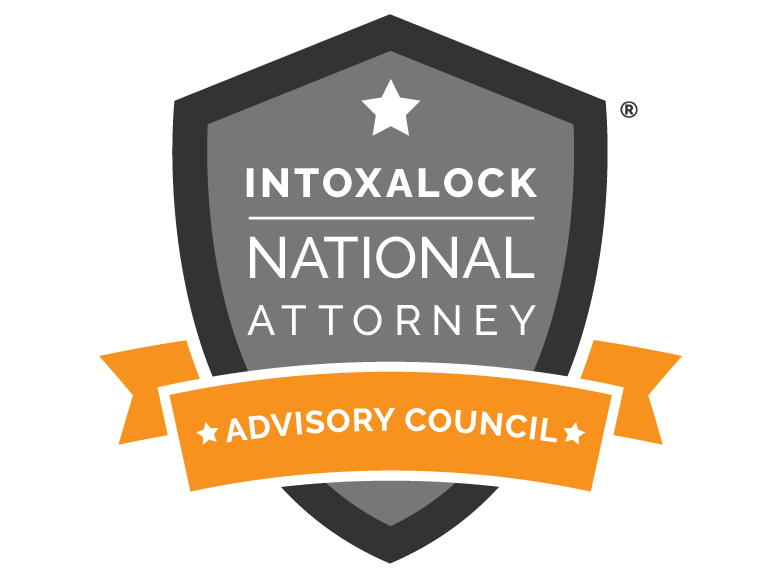San Antonio Estate Planning Lawyer
Estate planning attorneys help clients understand the questions they should be asking themselves and/or discussing with loved ones to make not only end-of-life, but retirement or incapacity issues easier to address for everyone involved. Good estate planning lawyers in San Antonio look for ways to save money, time, and stress by preparing for uncertainty in life and in business.
Our San Antonio estate planning lawyers can help prepare the documents used to address estate planning concerns, and the steps you can take to get the most out of a consultation with an estate planning attorney in Texas.
Texas Estate Planning Issues
Estate planning isn’t just about creating a will and making arrangements for the loss of a loved one. Estate planning is also about giving direction to other people, such as doctors or probate courts, who may make decisions about loved ones while they are still living. In most cases, estate planning attorneys are trying to avoid conflict, but good estate planning lawyers prepare to ensure the client’s desires are respected when conflict is certain.
Common issues in estate planning involve directives for medical care, establishing preferences for who will be a person’s guardian if the person is incapacitated (temporarily or permanently), trusts for children or spouses, and authorizations for conducting financial affairs or child care. Some questions our San Antonio estate planning attorneys frequently address are:
- How do I make sure my spouse, kids, and/or significant other are cared for if I die?
- How do I avoid taxes on my estate?
- Can I leave my special needs child money without making him/her ineligible for disability benefits?
- Is it possible to leave family members out of my will?
- How do I make sure nobody steals my will?
- How do I make sure that doctors will/will NOT resuscitate me if I die or become “brain dead?”
- How do I choose who will look after me if I can’t manage my own affairs?
- What can I do to make sure my kids stay with family if my spouse and I both die?
- Can my father/mother/spouse make a will if they are having mental health concerns? Can a person with dementia make a will?
- How do I avoid the probate process? How do I keep my estate out of court after I die?
Texas Estate Planning Solutions
Our San Antonio estate planning attorneys start by looking for ways to avoid probate, a court process that can increase expenses and delays for those who assume the burden of a decedent’s estate. At the same time, our lawyers assess our clients’ needs during their lifetimes to help create customized solutions. Many issues can be addressed through solutions such as irrevocable trusts, insurance, or pay on death accounts. Typically, these solutions operate without the need for court approval. Estate planning attorneys can prepare documents to assist you, as well.
In Texas, certain standard documents are used to help people answer those estate planning questions. Where your concerns are common, estate planning may be relatively straightforward. Others need much more customized planning that will require consultation with other professions such as CPAs, trust officers, mental health professionals, and health care providers. The primary goal of estate planning attorneys is preparing to solve problems without the need for probate court. Typically, the following documents can solve most estate planning issues:
Power of Attorney (“POA”)
A POA gives another person some of your authority to conduct certain affairs, such as bank transfers, bill payments, property maintenance, management of retirement accounts, sales of real estate, etc. When you give another person a POA, you select which powers that person can exercise, how long the POA is in effect, under what circumstances the POA remains effective, and whatever other limits are appropriate. For example, you could give someone a POA that only allows them to care for your pets while you are on vacation or you could obtain a Power of Attorney to pay bills for a person who is incarcerated. POAs are used while people are still alive and mentally capable of handling their affairs, but it is more convenient for someone else to take care of things.
Durable Power of Attorney
A durable POA is like a regular Power of Attorney, but it grants authority to act on behalf of the person who signs it even when that person becomes incapacitated. Incapacity could be medical, such as during a hospital stay, or permanent, such as for someone with advanced dementia.
Medical Power of Attorney
A medical POA specifically authorizes someone to make medical decisions for the person who gave them the Medical POA. Most health care providers will not follow the decisions of a person with a non-medical POA. Instead, without the clear guidance provided by a Medical Power of Attorney, doctors, and hospitals will consult the next-of-kin or their own policies. So, if you are concerned about who will make medical decisions for you in an emergency or as a result of long term incapacity, you should consider a Medical POA.
Designation of Guardianship If Need Arises
This document gives guidance to courts and other entities or persons about who you would like to be made your guardian, if you need a guardian. Parents often want to designate a guardian for their children, in case something happens to them, such as a car accident that kills both parents. Often, spouses or caregivers, are concerned about who will look after an incapacitated or disabled person for whom they are responsible. A Designation of Guardianship If Need Arises can help address all these issues.
Do Not Resuscitate (“DNR”) or No Heroic Measures Directive
A DNR directs medical personnel NOT to use “heroic measures” to save a critically ill person and/or NOT to leave someone on life support when there is no significant medical likelihood of recovery. Many people prefer a DNR to a Medical POA because it is more specific and because it takes the burden of decision making away from family or friends who may struggle with making such a difficult decision.
Last Will and Testament (“Will”)
Wills are the most common estate planning documents, in most people’s minds. A will is a set of instructions for how to divide your estate. Without a Will, a person’s estate (all of their assets and debts) is handled by the default provisions of the Texas Estate Code. A Self-Proving Will simplifies the probate (court procedures for handling a deceased person’s estate) process, making it faster and less expensive in the vast majority of cases. A Will is also important to alleviate the burden of deciding how to handle a person’s estate that otherwise may fall on grieving loved ones. Wills vary in complexity and you should consult an estate planning attorney before drafting your own will.
Getting Started on Estate Planning in Texas
Our San Antonio estate planning attorneys offer estate planning packages that provide all of the relevant documents for the average estate. More complicated estates, such as those involving partnerships, other business entities, oil, gas, or mineral leases, or large estates, may need to be handled on an hourly basis. So, the first step is to set up a consultation with a local family law attorney to determine what you’ll need. Be sure to inquire about pricing.
When you meet your local estate planning attorney, be sure to get the most out of that meeting by being prepared. The best estate planning attorneys tend to charge consultation fees, so you want to get your money’s worth. One way to prepare is by filling out this Estate Planning Worksheet. You should be prepared to answer some of the following questions, too:
- Who do you want to be in charge of handling your estate when you pass away? Do you have a second or third option?
- Do you have estate planning documents, such as a will, already? Where are those documents? (Hint: bring them with you).
- Which documents do you want to be created or updated?
- Are you presently responsible for another person, such as children or disabled persons?
- Do you intend to leave anything to assist in caring for someone who receives state or federal benefits? (if so, try to bring documentation and identifying information such as full name, date of birth, Texas Driver’s License or ID number, and last four digits of their SSN).
- Are you being sued or likely to be sued?
- Do you owe child support, have judgments against you, or have other debts?
San Antonio Estate Planning Lawyers Are Available to Help
The San Antonino attorneys at Hoelscher Gebbia Cepeda PLLC have experience in estate planning and probate law. We work with appropriate professionals in other fields to obtain guidance on tax planning and asset protection in many cases. So, if you need assistance with estate planning in San Antonio, Texas, feel free to contact us for a consultation today.
 Responsive Dedicated Aggressive
Responsive Dedicated Aggressive 
















